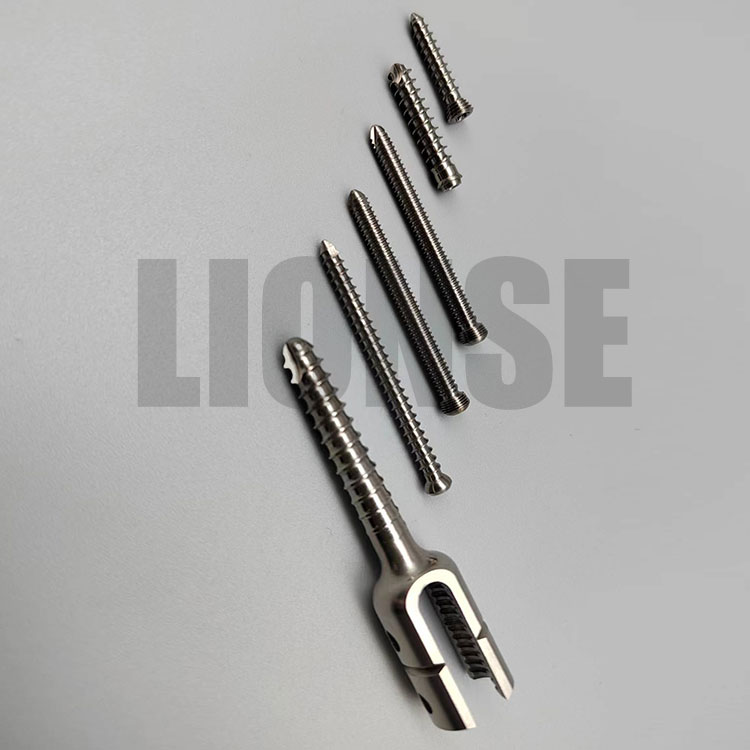Why Titanium Machining Parts Are Essential in Modern Manufacturing
2025-04-08
In today's world of advanced engineering and precision manufacturing, few materials are as valuable and versatile as titanium. Known for its exceptional strength, low weight, and corrosion resistance, titanium is a top choice in industries ranging from aerospace to medical technology. The demand for titanium machining parts continues to grow as manufacturers seek components that combine high performance with durability.
What Are Titanium Machining Parts?
Titanium machining parts are components made from titanium that are shaped and finished through precision machining processes such as milling, turning, drilling, and grinding. These parts are created using CNC machines and other advanced equipment to meet exact design and performance specifications.
Because of titanium’s strength and resistance to extreme conditions, it is often used to produce critical components that must perform reliably under pressure. These parts can be found in jet engines, surgical tools, racing vehicles, marine equipment, and many other demanding applications.
The Benefits of Titanium in Machined Components
One of the main reasons titanium machining parts are so popular is the material's strength-to-weight ratio. Titanium is as strong as steel but nearly 45 percent lighter. This makes it ideal for applications where weight savings can lead to improved efficiency and performance, such as in aircraft and high-performance vehicles.
Titanium is also highly resistant to corrosion, especially in harsh environments. It can withstand saltwater, chemicals, and even body fluids, making it suitable for both marine and medical use. Its biocompatibility makes it safe for use in the human body, which is why many surgical implants and devices are made from titanium.
Additionally, titanium retains its mechanical properties at high temperatures. This heat resistance makes it valuable in industries where components are exposed to extreme heat, such as aerospace and power generation.
Challenges in Titanium Machining
Despite its many advantages, titanium is known to be a difficult material to machine. It generates high cutting temperatures and has a tendency to wear down tools quickly. This means that manufacturers must use specialized equipment, cutting techniques, and cooling systems to machine titanium efficiently and accurately.
Experienced machinists understand the importance of selecting the right tools and maintaining precise control over machining parameters. With the right setup, they can produce titanium machining parts with excellent surface finishes and tight tolerances.
Applications Across Multiple Industries
Titanium machining parts are used in a wide range of sectors:
- Aerospace: Components for engines, airframes, and structural elements
- Medical: Surgical instruments, orthopedic implants, and dental components
- Automotive: High-performance engine parts and suspension components
- Marine: Corrosion-resistant parts for underwater equipment
- Industrial: Heat exchangers, pumps, and high-stress fittings
In each of these industries, the reliability and longevity of titanium parts help reduce maintenance needs and improve overall performance.
Conclusion
Titanium machining parts play a critical role in modern manufacturing by offering unmatched strength, corrosion resistance, and lightweight performance. Although challenging to work with, the advantages of titanium make it a top choice for precision parts in demanding industries. As technology continues to evolve, the need for high-quality titanium components will only increase, making it a material of the future as well as the present.



